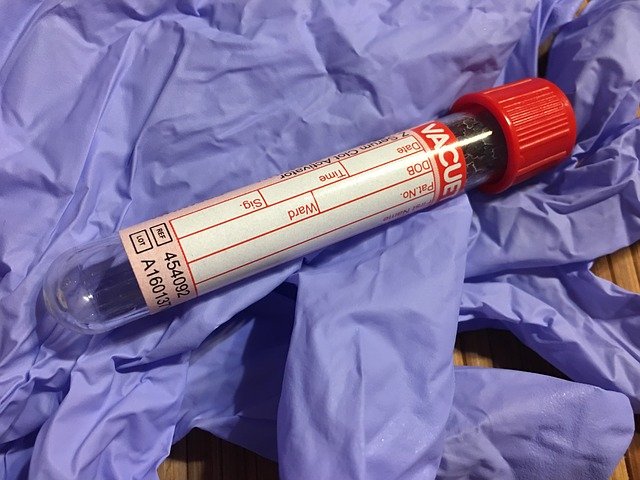
In a recent study, researchers find that very high levels of high-density lipoprotein (HDL or “good”) cholesterol could be linked to a high risk of heart attack and death.
HDL cholesterol has been considered “good” because the HDL molecule is involved in the transport of cholesterol from the blood and blood vessel walls to the liver and ultimately out of the body.
This can reduce the risk of clogged arteries and atherosclerosis.
People with low HDL cholesterol have a greater risk of atherosclerosis and cardiovascular disease. But the protective effect of very high HDL cholesterol has been unclear.
In the current study, the team investigated the relationship between HDL cholesterol levels and the risk of heart attack and death in 5,965 individuals, most of whom had heart disease.
The average age of participants was 63 years and 35% were female.
Participants were divided into five groups according to their HDL cholesterol level.
After four years, 769 (13%) participants had a heart attack or died from a cardiovascular cause.
The researchers found people with HDL cholesterol 41-60 mg/dl had the lowest risk of heart attack or cardiovascular death.
In addition, risk was increased both in participants with low levels (less than 41 mg/dl) and very high levels (greater than 60 mg/dl) of HDL cholesterol.
Moreover, people with HDL cholesterol levels greater than 60 mg/dl had a nearly 50% increased risk of dying from a cardiovascular disease or having a heart attack compared to those with HDL cholesterol levels 41-60 mg/dl.
The results support findings from several large population-based studies.
These include a recent research which found increased cardiovascular and all-cause death when HDL cholesterol reached extremely high levels.
The researchers suggest it may be time to change the way we view HDL cholesterol.
Traditionally, doctors have told patients that the higher your ‘good’ cholesterol, the better. However, the results from this study and others show that this may no longer be the case.
One possible explanation is that extremely elevated HDL cholesterol may represent ‘dysfunctional HDL’ which may promote rather than protect against cardiovascular disease.
Study author is Dr. Marc Allard-Ratick from Emory University School of Medicine, Atlanta, US.
The study was presented today at ESC Congress 2018.
Copyright © 2018 Knowridge Science Report. All rights reserved.
Source: ESC Congress 2018.



